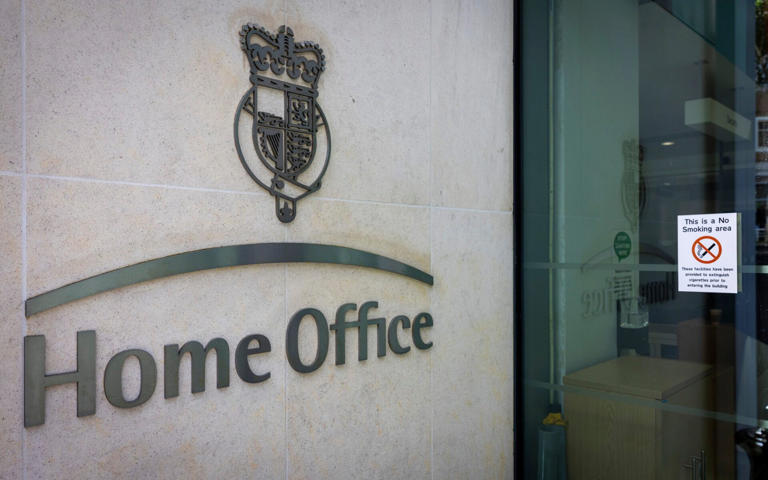A Bangladeshi man convicted of serious crimes including sexual assault and drug trafficking has been allowed to remain in the United Kingdom after an immigration tribunal ruled that deporting him would breach his human rights, due to a lack of adequate mental health care in his home country.
The man, whose name is being withheld for legal reasons, was convicted of violently assaulting a stranger in a sexual attack at the age of 17. He was later also found guilty of conspiring to supply “significant” quantities of heroin as part of a county lines drug gang operating across regional borders in the UK.
In addition to these convictions, the Metropolitan Police presented evidence to the tribunal suggesting that the man had committed further sexual offences in the years since his initial assault, although these additional allegations did not result in prosecution. Despite this history, the immigration tribunal ruled in his favour, concluding that he had shown signs of rehabilitation and could be safely managed within the community under close monitoring.
The Home Office had strongly opposed his continued stay in the UK, describing the individual as a dangerous sexual predator who posed a “high risk of harm to the public” and who was likely to reoffend if allowed to remain in the country. However, the tribunal accepted expert psychiatric testimony stating that he suffered from serious mental health conditions and was receiving ongoing treatment that was not readily available in Bangladesh.
According to medical evidence presented during the hearing, deporting the man would likely lead to a deterioration of his mental health, as psychiatric services in Bangladesh are either inadequate or inaccessible to someone with his specific needs. This led the tribunal to rule that his removal would be in breach of Article 3 of the European Convention on Human Rights (ECHR), which prohibits torture and inhuman or degrading treatment.
While Article 8 of the ECHR—protecting the right to a private and family life—was also considered, the decision was primarily based on the medical and humanitarian grounds outlined in Article 3. The tribunal’s ruling has sparked a fresh debate about the UK’s immigration and human rights laws, with critics arguing that the current legal framework allows serious offenders to exploit legal loopholes to avoid deportation.
Read Also:
How UK residents without valid visas can get legal status
Illegal migrant wins right to stay in UK after 25 years
Judge’s blunder lets Illegal migrant stay in UK
In response to cases like this, government ministers have proposed raising the legal threshold required to successfully claim the right to remain in the UK under Articles 3 and 8. The suggested reforms aim to make it significantly harder for foreign nationals with criminal records to resist deportation on human rights grounds unless there is overwhelming and exceptional evidence.
Supporters of the tribunal’s decision argue that the UK has a legal and moral obligation to uphold human rights standards, even in cases involving individuals with serious criminal pasts. They insist that denying someone access to life-saving mental health care simply because of their nationality or criminal record would undermine the very principles the UK’s legal system is built upon.
As the debate continues, the case remains a striking example of the complex tensions between public safety, individual rights, and the limits of the UK’s immigration enforcement.



